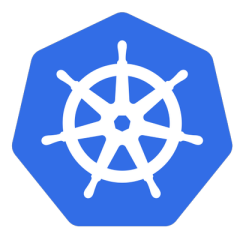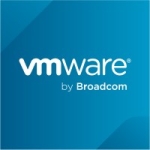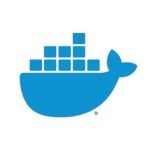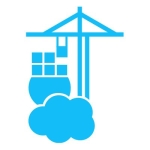What is our primary use case?
We primarily use the solution for orchestration.
Most of the clients we work with are enjoying the DevOps aspects of Kubernetes. They want to be able to safely and quickly deploy new applications. Others just enjoy the modern way they can deploy containers without being a DevOp company.
What is most valuable?
The most valuable aspect of the solution is the scalability.
Kubernetes is quite complex. That's the reason there are some companies that are developing tools simplifying the life of the administrator. There are Kubernetes distributions, like Rancher. Rancher is one of my favorites. There are others too, like OpenShift, for example.
What needs improvement?
I would love to see a feature like VMware's vMotion, meaning a workload can be transferred from one host to another without being restarted. While true cloud native applications typically don't need such a feature, there is still a lot of single-container legacy applications out in the field. These applications get unavailable while being rescheduled to another node, for example when doing node maintenance.
For how long have I used the solution?
I'd been dealing with the solution for the past three or four years.
What do I think about the stability of the solution?
The solution if very, very stable. It's a very mature product. While there is no software without bugs, it has 20 or more years of development behind it that makes it very robust.
What do I think about the scalability of the solution?
The solution is extremely scalable. It's one of its greatest selling points. It also works for businesses of any size, from small to large.
How are customer service and technical support?
Technical support is something I handle myself. I don't need to reach out to the Kubernetes team in order to troubleshoot issues.
We do have manufacturers of specific products that also have their own support we can access if we need to.
Which solution did I use previously and why did I switch?
I have some experience with Docker. I also have a lot of VMware virtualization experience, although that doesn't have much to do with containers, per se.
That said, almost every software provider tries to adapt their solution to Kubernetes due to the fact that Kubernetes is gaining a lot of attention from everywhere. It's going to be the preferred way to deploy applications.
How was the initial setup?
The complexity of the solution depends on the size of the installation and the product you choose. If you choose Kubernetes without any other tools, like Rancher or OpenShift, it's going to be very difficult and complex. However, if you have the chance to use one of those, it's much easier.
Once the solution is up and running, it requires monitoring, software updates, replacement when something fails, etc. Most of the time it's the provider that manages the infrastructure.
What's my experience with pricing, setup cost, and licensing?
The solution is open-source. There are no licensing fees to speak of. It's under an Apache license, so anybody can use it. Some products that go on top of it, however, are licensed.
What other advice do I have?
I am a consultant, and I am just providing information about how to use this kind of software within specific companies.
Kubernetes is evolving now. 1.18 is the latest version, however, we don't have the newest version everywhere. That's the one we choose for new installs when we do them.
When it's deployed on the cloud, some of my customers are using public clouds such as Amazon, Google, or Microsoft. There are also some customers that use private clouds here in Switzerland. I work together with them.
If people are using modern technologies like containers or developing software by themselves, I would recommend this solution.
I'd rate the solution eight out of ten.
Which deployment model are you using for this solution?
Hybrid Cloud
Disclosure: My company has a business relationship with this vendor other than being a customer. Consultant
















